Search
Did you mean: Ninigi?
Search Results
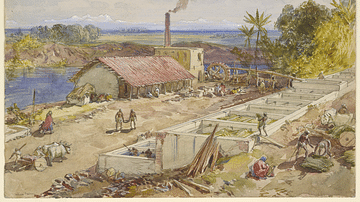
Definition
Indigo Revolt
The Indigo Revolt (aka Indigo Riots or Blue Mutiny) of 1859-60 in Bengal, India, involved indigo growers going on strike in protest at working conditions and pay. The subsequent violence was aimed at exploitative European plantation owners...

Image
Bengal Indigo Factory
An illustration of a 19th-century indigo factory in Bengal, India. (From William Simpson's 'India: Ancient and Modern').

Image
Ruins of an Indigo Factory
Ruins of an indigo factory at Mongalganj, near Bangaon in West Bengal, India. Indigo was an important cash crop for the East India Company and during the British Raj.
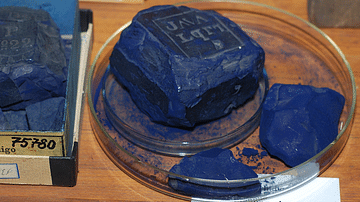
Image
Cake of Indigo Dye
A cake of dried indigo dye. (Collection of the Technical University of Dresden, Germany)

Article
Trade Goods of the East India Company
The English East India Company (EIC) was founded in 1600, and it came to control both trade and territories in India, as well as a trade monopoly with China. Goods the EIC traded included spices, cotton cloth, tea, and opium, all in such...
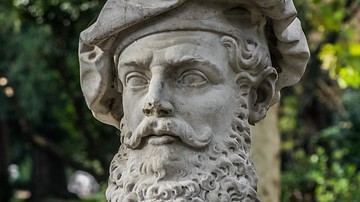
Definition
Marco Polo
Marco Polo (1254-1324 CE) was a Venetian merchant and explorer who travelled to China and served the Mongol ruler Kublai Khan (l. 1214-1294 CE) between c. 1275 and 1292 CE. Polo's adventures are recounted in his own writings, The Travels...
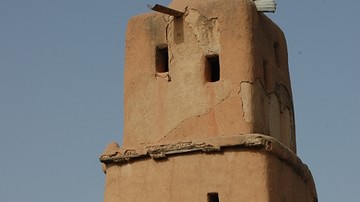
Definition
Hausaland
Hausaland, sometimes referred to as the Hausa Kingdoms, was a group of small independent city-states in northern central Africa between the Niger River and Lake Chad which flourished from the 15th to 18th century CE. The origins of the Hausa...
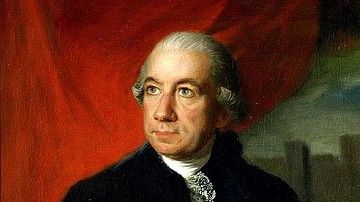
Definition
Henry Laurens
Henry Laurens (1724-1792) was an American statesman from South Carolina who played an important role in the politics of the American Revolution (1765-1789). He served as president of the Second Continental Congress from 1777-78 and presided...
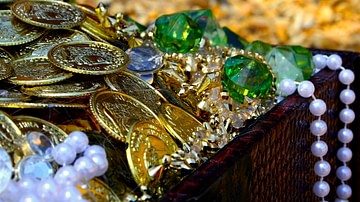
Article
Treasure & Booty in the Golden Age of Piracy
During the Golden Age of Piracy (1690-1730), pirates were first and foremost after gold, silver, and jewels, but if these could not be grabbed, then a ship’s cargo would be taken for resale at a pirate haven. Shared amongst the crew, the...
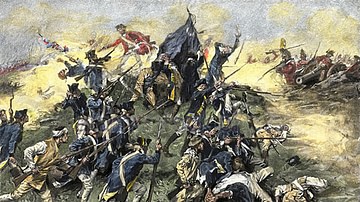
Article
Siege of Savannah
The Siege of Savannah (16 September to 20 October 1779) was a significant engagement in the American Revolutionary War (1775-1783). Hoping to retake Savannah, Georgia, which had fallen to the British the previous year, a Franco-American force...